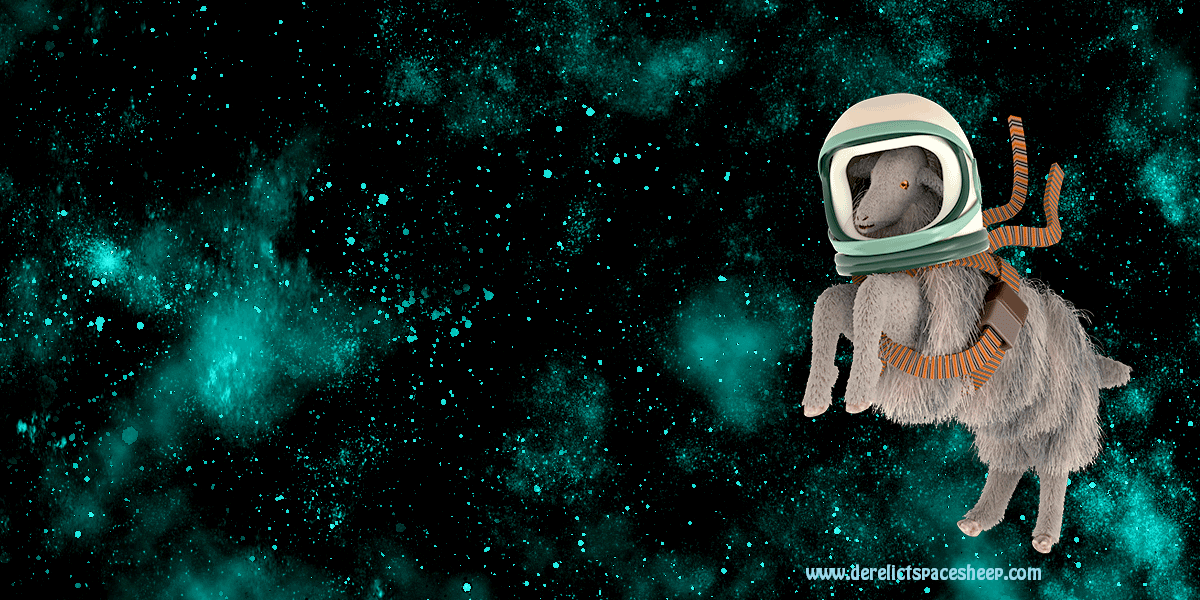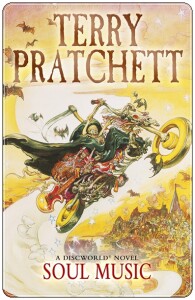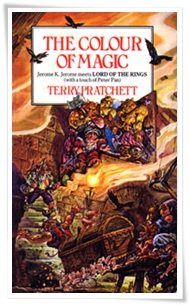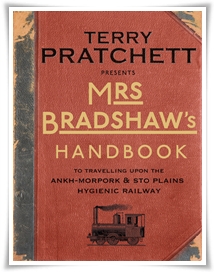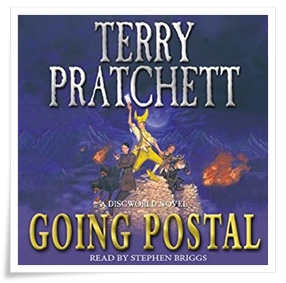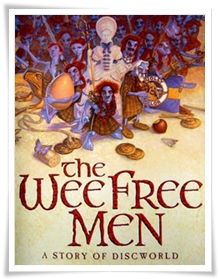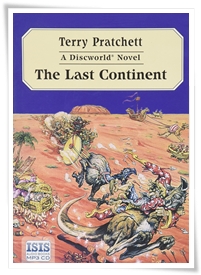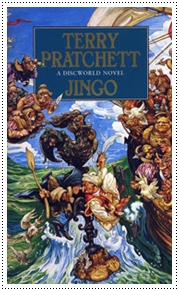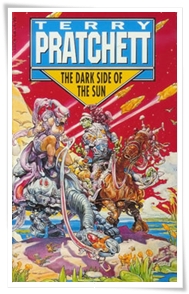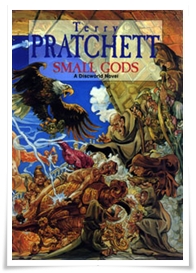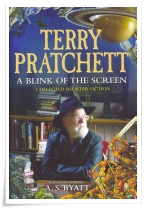Soul Music
by Terry Pratchett (Victor Gollancz, 1994); audiobook read by Nigel Planer (Isis, 1996)
Though chock full of rock ‘n’ roll allusions and puns, Soul Music is a rarity amongst the Discworld novels in that it isn’t really about anything. Witty and imaginative and still amusing on a micro level, yes, but by Pratchett’s standards underwhelming.
